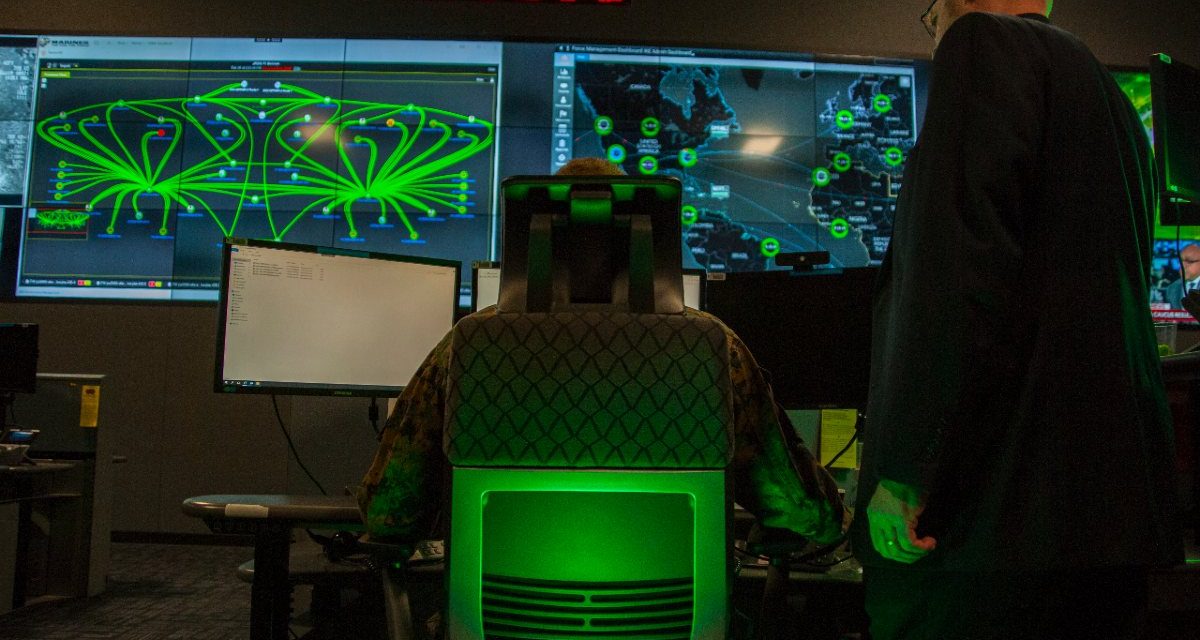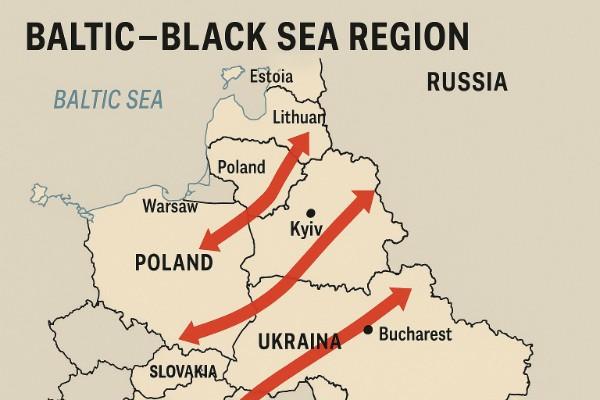The drastic evolution of artificial intelligence (AI) has revolutionized almost every field of human life. Similarly, AI is also crucial to modern warfare. The use of AI technology in military operations has revolutionized the way battles are fought and won and changed the character of combat. AI is transforming the battlefield, bringing both benefits and threats to countries all around the world, from autonomous weapon systems to tools that make intelligent decisions. AI threat is considered the second most disastrous threat after nuclear terror.
Many developed countries are establishing specific departments for creating progressive and innovative AI weapons to defeat rival states in AI battlefields. BOSTON DYNAMICS for instance is America’s top-running Engineering and robot design company aiming to imagine and create exceptional robots to enrich people’s life. The creation of robots such as LS3, Spotmini, and Atlas tends to replace soldiers shortly.
AI-driven weapon system leads the present day’s arms race. AI encompasses several autonomous weapons as a result of AI creation such as drones, tanks, missiles, and machine guns. These weapons have direct decision-making control without any human intervention. AI-powered drones can navigate target places and respond to threats in the most effective ways, unlike humans. For instance, the Second Nagorno Karabakh War in 2020 is observed as DRONES WAR since only drones were enough to wreak havoc on both sides without any ground presence i.e. military, tanks, and soldiers.
Cyber weapons, another application of AI, are also changing the landscape of modern warfare. The susceptibility of AI systems to cyberattacks is another difficulty. The possibility of malevolent actors abusing flaws in AI algorithms and systems increases as AI is integrated more deeply into military infrastructure. An attack by hackers on AI-driven military systems might have disastrous results, resulting in the loss of vital data, the interruption of operations, or even the manipulation of autonomous weapons.
To protect military assets and maintain operational integrity, it is essential to have strong cybersecurity safeguards and ongoing innovation in AI defense systems. For instance, Russia the Georgian War of 2007, many important Russian, Georgian, and Azerbaijani websites and portals were hacked by enemy states.
In the third revolution in warfare, Autonomous weapons have drastically decreased the number of soldiers on battlefields. Today USA, Russia, Israeli, Chinese, Iranian, and Turkish drones are flying attacks in the Middle East and causing havoc in target states instigating civil unrest.
Besides the consequences of AI warfare, Artificial intelligence also tends to emphasize and promote war ethics which are barely taken into account at times of war. Firstly, it seems that mutuality of risk is a deeply rooted part of armed conflict. Studies conducted on drone pilots show a phenomenon of moral disengagement in the war on the attacker’s side. Some said that it feels less of an ethical dilemma. The one who pushes a button and is not there on the battlefield. Others noted that they don’t feel worthy since they’re not ready to risk their lives like their enemies are.
Additionally, the absence of a looming threat to the troops poses the risk of conflict escalations. Distance from the battlefield may make someone more eager for conflict. Deciding to go to war and neglect negotiations and diplomacy seems attractive. Besides, a robot might accidentally start a battle or aggravate a conflict by unnecessarily using force.
Furthermore, a machine-against-machine war would make battlefields a human-free zone. All burdens of war would fall onto innocent civilians residing in an area of conflict. It does not necessarily mean more human casualties. It implies that civilians will be in more danger than soldiers. That is a disturbing thought.
Finally, there is a moderate risk of proliferation. AI in war is easy to transport and hard to detect. Additionally, they do not require an army like conventional weapons. A single person can unleash a swarm of deadly robots. Potential mass attacks and genocide can take place in a matter of seconds. AI and Cyber weapons can be the new weapons of mass destruction.
A new era of intelligent battlefields is being ushered in by AI’s transformation of warfare. AI improves military capabilities by bringing enhanced efficiency, precision, and situational awareness, from autonomous weapon systems to cutting-edge decision-making tools. To avoid unforeseen outcomes and maintain human control over AI in battle, ethical issues, and cybersecurity dangers must be properly addressed. Nations can leverage the potential of AI while preserving humanitarian ideals by embracing responsible development and regulation, ensuring a safer and more secure future for all.












